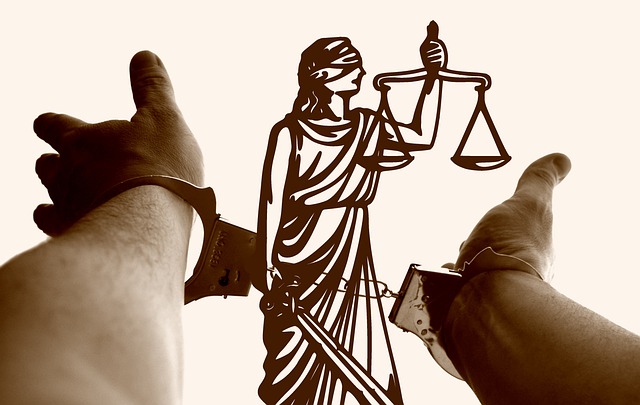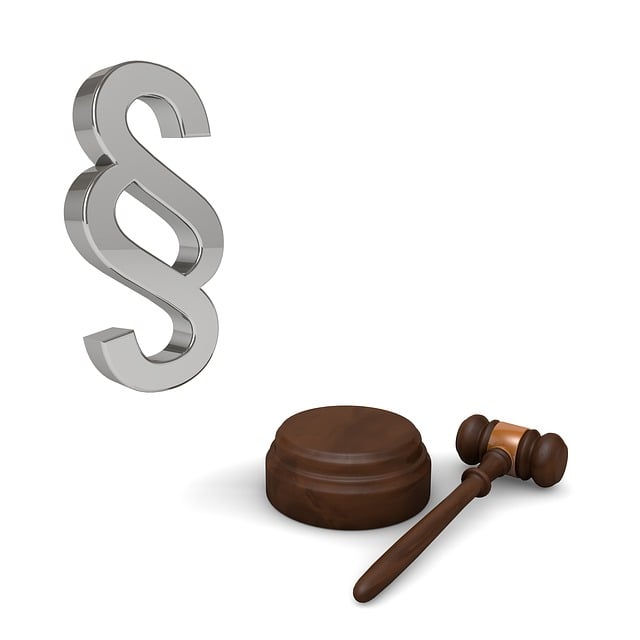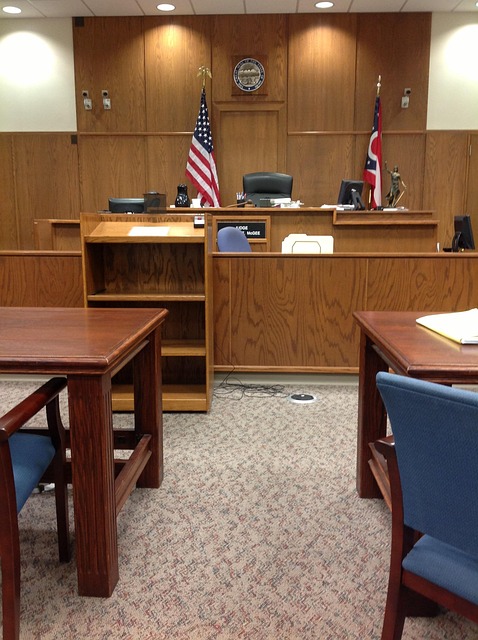Public corruption cases involving joint property ownership present unique legal challenges. Accused individuals face severe consequences, including imprisonment and fines, necessitating specialized attorneys to navigate complex dynamics. Resolving joint property conflicts is crucial for fair representation, strategic defense, and avoiding indictment. Effective tactics include distinguishing culpability, thorough investigation, and leveraging evidence to prove legitimate business dealings. Case studies offer insights into successful resolutions through international cooperation, forensic accounting, and innovative tracing techniques, ultimately deterring economic crimes while ensuring justice.
Public corruption charges have far-reaching implications, disrupting not just careers but also personal lives. Understanding these charges is crucial for navigating complex legal landscapes. This article delves into the intricacies of public corruption and its connection to joint property ownership conflicts. We explore causes, consequences, and legal strategies to resolve these disputes. Through case studies, we illuminate successful resolutions, offering insights into managing corruption’s impact on personal assets while ensuring justice. Key focus: resolving joint property ownership conflicts effectively.
- Understanding Public Corruption Charges: Definitions and Legal Implications
- Joint Property Ownership Conflicts: Causes and Consequences for Accused Individuals
- Navigating Legal Solutions: Strategies to Resolve Disputes in Corrupt Cases
- Case Studies: Examining Successful Resolutions of Public Corruption and Property Disputes
Understanding Public Corruption Charges: Definitions and Legal Implications

Public corruption charges encompass a range of illegal activities where public officials abuse their power for personal gain. This can include bribery, fraud, and extortion, often involving the misappropriation of public funds or resources. When an individual is accused of such crimes, it’s crucial to understand the legal implications and definitions to mount a robust defense. Public corruption cases are complex and carry significant weight, with potential consequences including imprisonment and substantial fines.
Resolving joint property ownership conflicts is a common aspect in high-stakes cases where public figures might face indictment. Achieving extraordinary results in these scenarios requires a deep understanding of both the legal framework and the unique dynamics at play. Attorneys specializing in such matters must navigate intricate regulations while strategically avoiding indictment, ensuring their clients receive fair representation and just outcomes.
Joint Property Ownership Conflicts: Causes and Consequences for Accused Individuals

Joint property ownership conflicts often arise in cases of public corruption charges, where individuals accused of white-collar and economic crimes may find themselves at odds with their co-owners or partners. These disputes can have significant consequences for the accused, potentially complicating their general criminal defense strategy. The complexity arises from the fact that joint properties are typically subject to shared legal responsibilities, meaning any illegal activities linked to one owner may taint the others as well.
Resolving these conflicts is crucial in navigating the legal system. Accused individuals must carefully consider their options to avoid indictment and protect their interests. One approach involves distinguishing between innocent co-owners and those complicit in the corruption. This strategy requires a thorough investigation and strong evidence to demonstrate individual culpability, which can be a powerful tool in negotiations or court proceedings. By addressing these conflicts proactively, accused parties can mitigate potential damage to their assets and legal standing.
Navigating Legal Solutions: Strategies to Resolve Disputes in Corrupt Cases

Navigating legal solutions in cases of public corruption involves strategic approaches to resolve disputes, especially when dealing with complex matters such as resolving joint property ownership conflicts. When individuals or entities face charges related to white-collar and economic crimes, their first step should be to assemble a robust legal defense team. This team can help unravel the intricacies of the case and identify potential loopholes or weaknesses in the prosecution’s argument. One effective strategy could involve negotiating with prosecutors to secure a complete dismissal of all charges, especially if the evidence is scant or there are significant mitigating circumstances.
Across the country, various legal tactics have been employed to combat public corruption. These include leveraging detailed documentation, such as financial records and communication logs, to demonstrate that actions were not malicious but rather part of legitimate business dealings. Additionally, expert witnesses and specialized legal counsel can provide insights into complex financial structures or regulatory environments, aiding defendants in presenting a robust defense. Ultimately, the goal is to ensure justice while protecting the rights of those accused, ensuring a fair process that respects the rule of law.
Case Studies: Examining Successful Resolutions of Public Corruption and Property Disputes

Examining successful resolutions of public corruption cases offers valuable insights into strategies for tackling complex property disputes, especially those involving joint ownership. These case studies highlight the importance of thorough investigations and collaborative approaches in achieving extraordinary results. By studying instances where corrupt officials have been held accountable, we can gain a clearer understanding of the legal frameworks and tactics that led to successful outcomes.
For instance, across the country, several high-profile cases have demonstrated effective methods for resolving joint property ownership conflicts stemming from corruption. In these scenarios, prosecutors and law enforcement agencies have employed innovative techniques to trace illicit funds, disentangle mixed assets, and ensure fair distribution. The success of these efforts lies in combining robust forensic accounting with international cooperation, exposing the true owners of hidden assets and facilitating their seizure or restitution. This not only recovers public funds but also sends a strong message about the consequences of white-collar and economic crimes.
Public corruption charges carry significant legal implications, especially when they involve complex joint property ownership disputes. Understanding these charges and navigating the legal landscape is crucial for resolving such conflicts effectively. The strategies outlined in this article, combined with insightful case studies, offer a comprehensive approach to addressing public corruption and its associated property disputes. By delving into these solutions, legal professionals can foster fair outcomes while upholding the integrity of the justice system, ultimately contributing to a more transparent society. Resolving joint property ownership conflicts is not merely a legal endeavor but a step towards mitigating systemic issues embedded in public corruption.






